Academics
Why CRPS?
Great reasons to choose CRPS
-
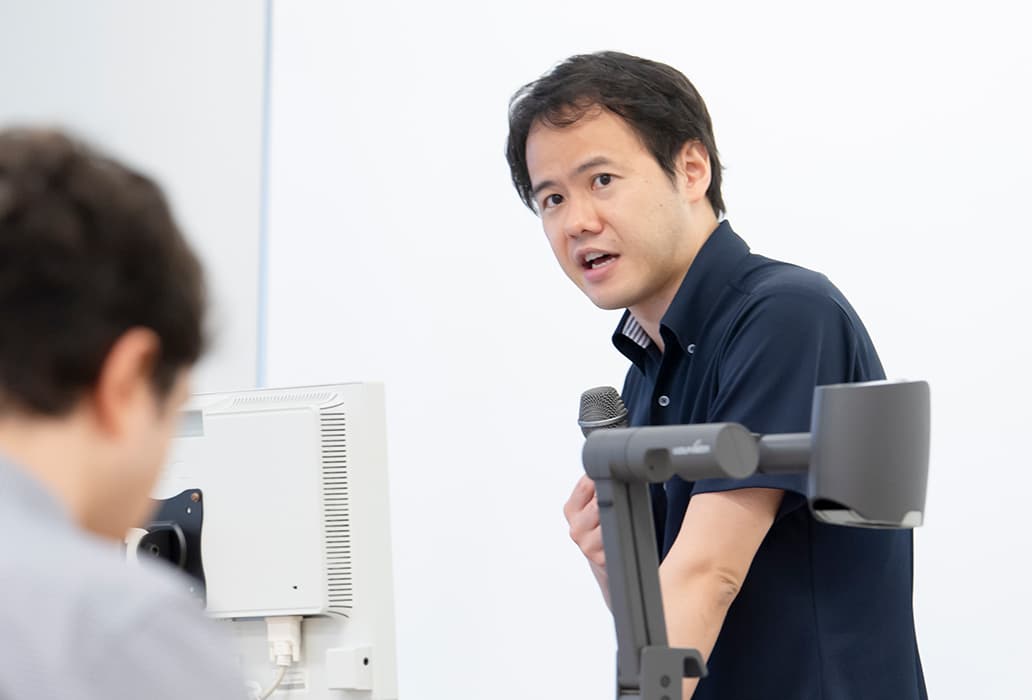
Diverse Environment
Our classrooms are full of diversity; over 80% of students are international students from more than 15 countries and regions, while the fields of study of our faculty members are wide ranged, including both natural and social sciences. This international and interdisciplinary environment enables students to learn how to analyze problems from different perspectives.
-
Fieldwork Experience and Instruction on Research Methods
Our program provides students with both practical fieldwork experience and skills in research methods–statistical analysis as well as quantitative and qualitative research skills. They gain active fieldwork experience and learn how to develop and analyze surveys, both of which are crucial to the creation and practice of policy to address social problems.
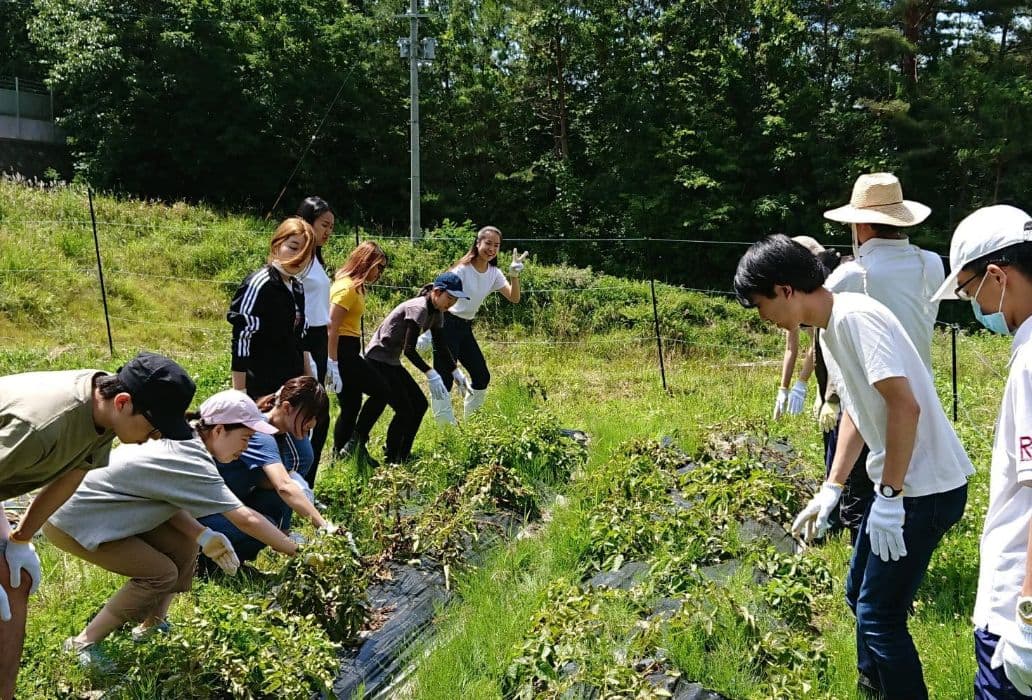
-
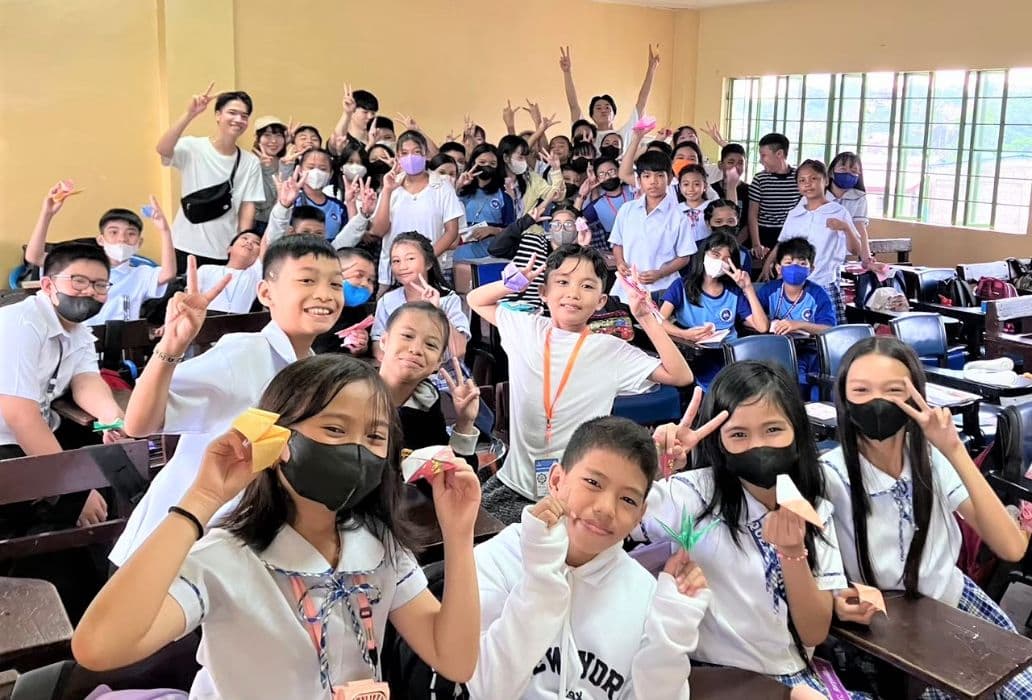
Overseas and Domestic fieldwork
During the summer, all students conduct field research in groups (mixed with Japanese-medium major students). They visit a research site in Japan or abroad, such as Thailand, the Philippines, Canada, and Kyoto, and deepen their understanding of their research topic by speaking with local residents, visiting government agencies, and working with local universities and academic institutions. This knowledge and experience, which cannot be gained in the classroom, forms a basis for further learning in seminars from the third year onwards.
-
Small classes, active participation
With a maximum intake of 40 students per year group, nearly all subjects are taught in small groups. Classes therefore involve not only lectures but also frequent discussions and active learning among students, as well as more extensive communication with instructors.
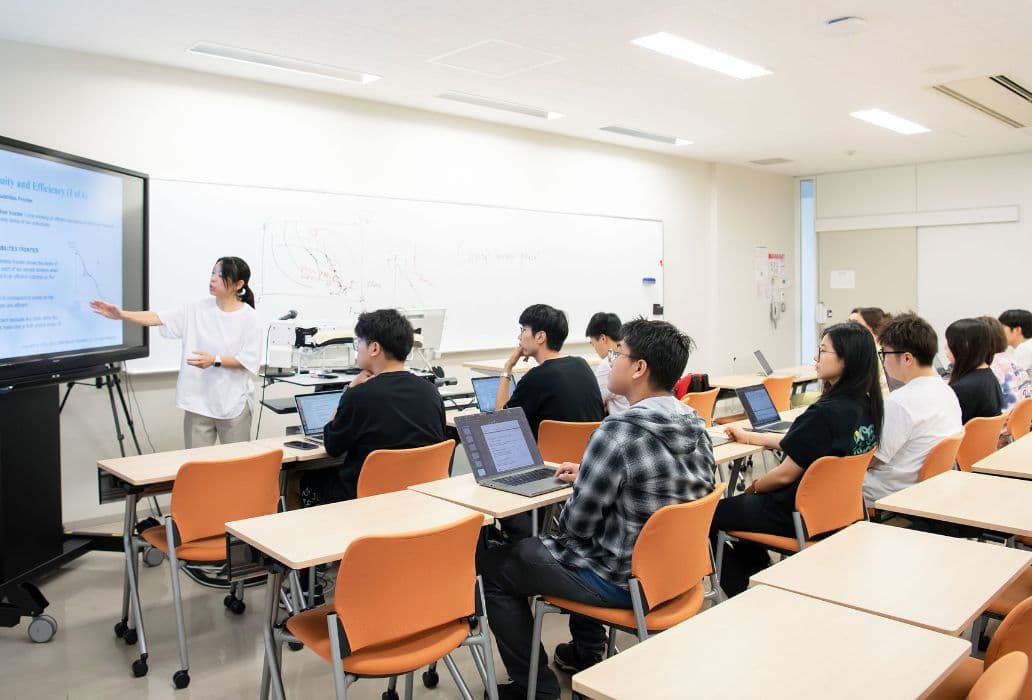
-

Exchange with Japanese students
Compulsory courses bridging the CRPS major and the PSc major (our Japanese-based major) are offered, where students attend lectures in English alongside PSc major students. Students with a sufficient level of Japanese proficiency may take some PSc major lectures conducted in Japanese. Furthermore, under certain conditions, PSc major seminars may also be taken. While primarily taking courses in English, students can study topics of interest in Japanese to deepen their knowledge further.
-
Intensive Japanese Language Studies
International students earn 12 credits in Japanese language courses. Intensive lessons in small classes help develop practical Japanese skills that can lead to greater opportunities, such as taking Japanese-medium courses, conducting field research in Japan, joining extracurricular groups, or getting a part-time job. Learning Japanese to an advanced level could lead to a career within Japan.
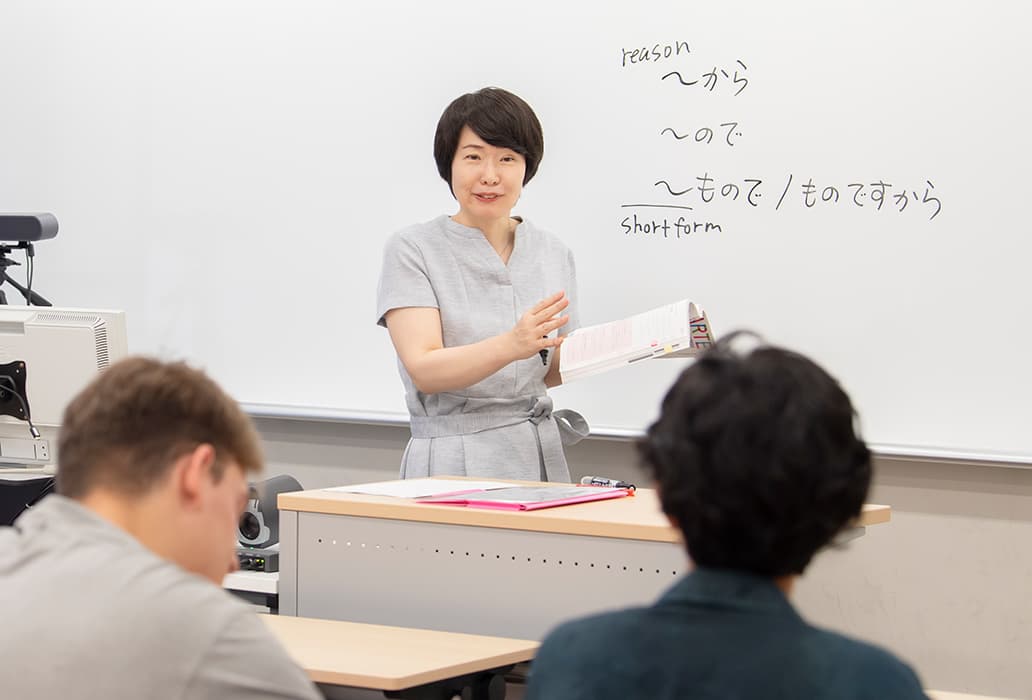
-

Career Opportunities
The academic environment and small class sizes, which allow students to receive intensive instruction and support, have motivated many students to continue their studies after graduation. Nearly 40% of our graduates go on to graduate schools in Japan and abroad, such as the University of Chicago, Columbia University, King’s College London, the University of Edinburgh, National University of Singapore, and the University of Tokyo. Also, many of our students have found employment with Japanese companies and NGOs in Japan and abroad, making the most of what they have learned.